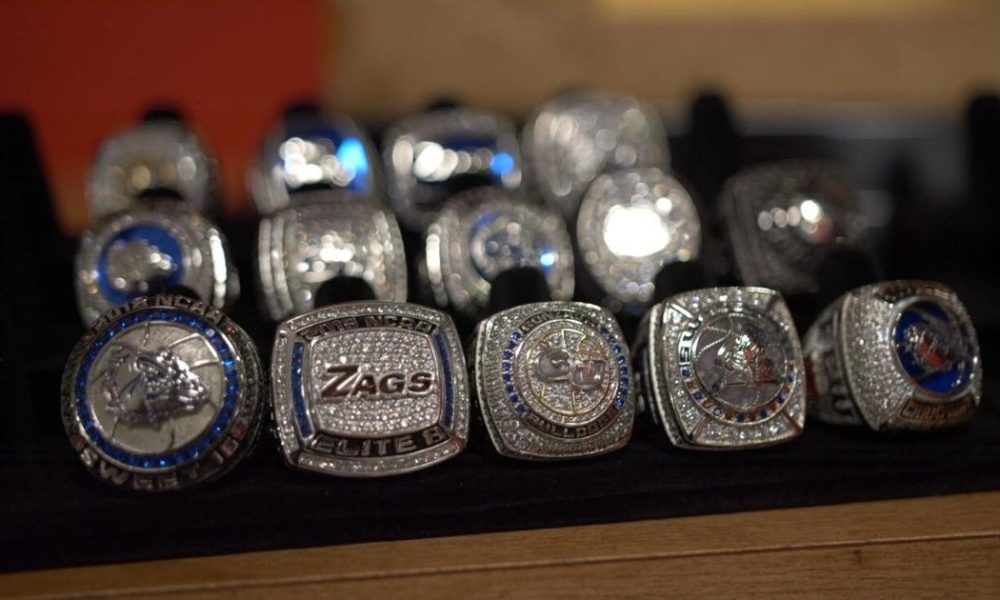SPOKANE, Wash. — Former Gonzaga standout guard Derek Raivio is back in Spokane and taking on a key role in the evolving world of college athletics. Raivio, now the general manager of Gonzaga’s NIL collective, joined Dan Dickau on the most recent episode of Talking Zags to discuss how name, image and likeness (NIL) has changed the college sports landscape and how the Zags are navigating it.
“It’s an ever-changing and unique landscape right now,” Raivio said. “The rules seem to change every month. To this point, it’s kind of been the wild, wild West.”
Raivio said his role with the collective focuses on helping current Gonzaga players maximize their NIL value through partnerships with local businesses in Spokane. Unlike some programs nationally, Raivio said Gonzaga’s collective requires athletes to provide services or promotional work in exchange for compensation.
“You can go out around the country and a lot of these businesses and collectives aren’t requiring that. It’s legit pay-for-play,” Raivio said. “We’re doing true NIL deals with local businesses, and for us to stay competitive, we need that.”
The former WCC Co-Player of the Year in 2007 said Gonzaga has made steady progress in the NIL space over the last year and a half, but acknowledged the challenges of operating in an unregulated market where bidding wars have become common.
Dickau noted the difficulties of NIL’s rapid growth, pointing out that without a salary cap like in professional sports, programs often operate in secrecy with little contract transparency.
“There’s part of it where there’s billions of dollars are being made and profited off these kids playing, which I think they’re entitled and should earn some compensation,” Raivio said.
Looking ahead, Raivio said a significant shift is expected on July 1, when a clearinghouse will reportedly begin auditing NIL payments through firms like Deloitte. He hopes this creates a “false salary cap” to restore a sense of parity in college athletics.
“My hope is there’s this cap after July 1 where everything is running through the system,” Raivio said. “Because if you’re a Cooper Flagg, go get your money — you deserve that, your adding value to New Balance or AT&T, but right now, it’s not really like that. Some schools are doing that, but a majority aren’t.”
Raivio also pointed to upcoming revenue-sharing changes in college sports, which will allow universities to distribute up to $20.5 million across their athletic programs, with a significant portion likely headed to football and basketball.
As Gonzaga prepares for the move to a restructured Pac-12 conference, Raivio emphasized the importance of continued NIL growth and local business involvement to keep the Bulldogs nationally competitive.
“We need more involvement, more community, more reach-out with that,” he said. “These local business leaders need to step up and say, ‘Hey, how can we help?’”
